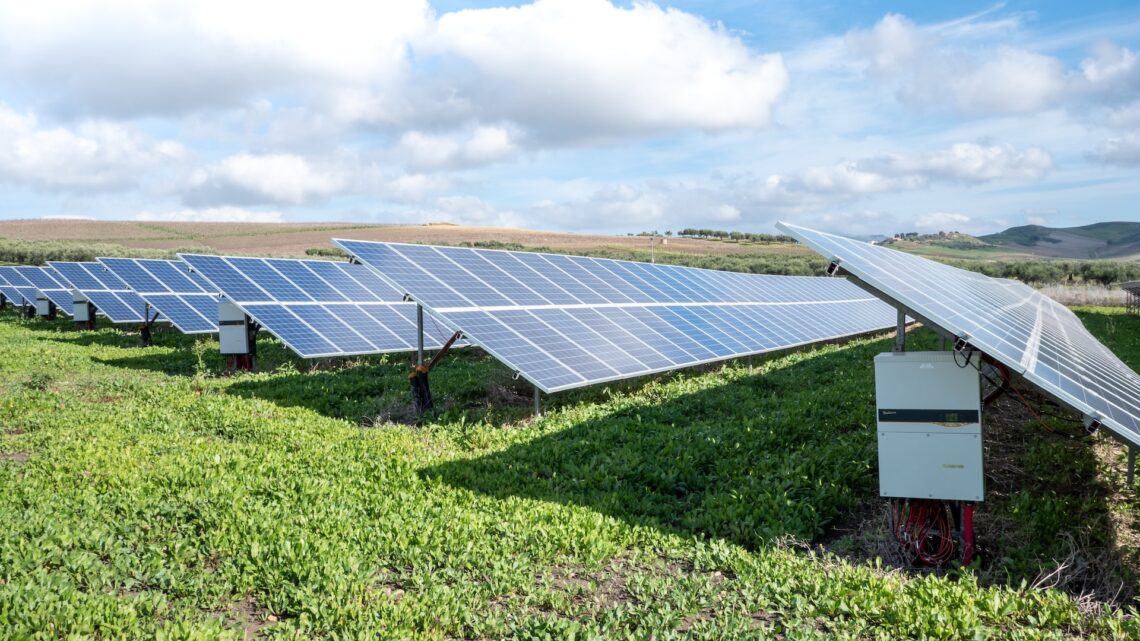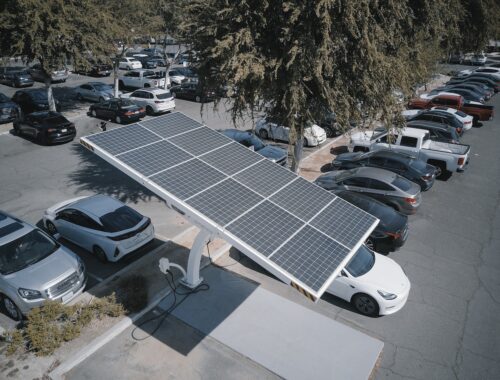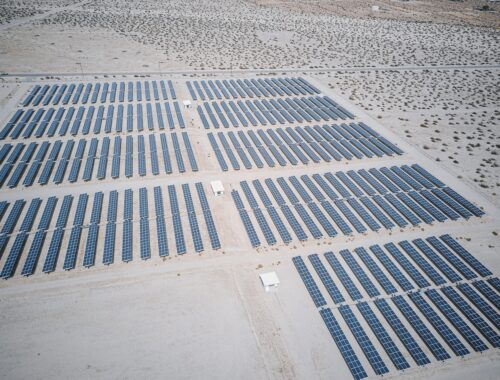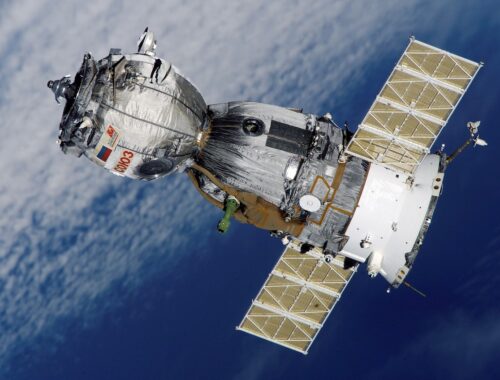
Types of Solar Power Systems: Grid-tied, Off-grid, and Hybrid
Solar power systems have gained immense popularity in recent years as a clean and sustainable energy source. With advancements in technology and increased awareness of environmental concerns, more individuals and businesses are turning to solar power to meet their energy needs. There are three primary types of solar power systems: grid-tied, off-grid, and hybrid. Each system offers unique advantages and considerations. In this article, we will explore these systems in detail.
- Grid-tied Solar Power Systems: Grid-tied solar power systems, also known as grid-connected or grid-interconnected systems, are the most common type of solar installation. These systems are connected to the local utility grid, allowing users to draw power from both solar panels and the grid.
Advantages:
• Cost-effective: Grid-tied systems do not require expensive battery storage, reducing the upfront costs.
• Net metering: Excess electricity generated by the solar panels can be fed back into the grid, earning credits or reducing utility bills.
• Reliable power supply: If the solar panels do not produce sufficient energy, power can be drawn from the grid.
Considerations:
• Dependency on the grid: Grid-tied systems rely on the availability of the grid. If there is a power outage, the system will not function unless equipped with backup power.
- Off-grid Solar Power Systems: Off-grid solar power systems, also known as stand-alone or independent systems, operate independently of the utility grid. They are typically used in remote areas where access to the grid is limited or nonexistent.
Advantages:
• Energy independence: Off-grid systems provide electricity even in remote locations, eliminating the need for grid connection.
• No electricity bills: Since these systems do not rely on the grid, users can enjoy free electricity once the system is installed.
• Environmental benefits: Off-grid systems reduce reliance on fossil fuels and contribute to a greener and more sustainable environment.
Considerations:
• Higher upfront costs: Off-grid systems require battery storage to store excess energy for use during low sunlight periods, increasing the initial investment.
• Battery maintenance: Regular maintenance is required to ensure optimal battery performance and longevity.
• Sizing considerations: Off-grid systems need to be appropriately sized to meet the energy demands, as excess energy cannot be sourced from the grid.
- Hybrid Solar Power Systems: Hybrid solar power systems combine the features of both grid-tied and off-grid systems. They are connected to the utility grid but also have battery storage to provide backup power during outages.
Advantages:
• Energy independence with grid connection: Hybrid systems allow users to enjoy the benefits of both grid-tied and off-grid systems. They can draw power from the grid when solar energy is insufficient, while also having backup power during outages.
• Optimal utilization of solar energy: Excess solar energy is stored in batteries for use during the evening or low sunlight periods, maximizing self-consumption and reducing reliance on the grid.
• Cost savings: Hybrid systems can reduce electricity bills by using stored solar energy during peak demand hours when grid electricity prices are higher.
Considerations:
• Higher upfront costs: Hybrid systems require both solar panels and battery storage, making them more expensive compared to grid-tied systems.
• Battery maintenance: Regular maintenance is necessary to ensure the performance and longevity of the battery bank.
• System complexity: Hybrid systems involve additional components such as charge controllers, inverters, and monitoring systems, requiring professional installation and maintenance.
Choosing the Right System: Selecting the appropriate solar power system depends on various factors, including location, energy requirements, budget, and reliability needs. Grid-tied systems are ideal for areas with reliable grid access and individuals looking to reduce electricity bills. Off-grid systems are suitable for remote locations where grid connection is not possible or cost-effective. Hybrid systems are a good option for those seeking energy independence with the ability to draw from the grid when needed.
The three primary types of solar power systems – grid-tied, off-grid, and hybrid – offer different benefits and considerations. The choice ultimately depends on individual needs and circumstances. With the continued advancements in solar technology, these systems are becoming increasingly efficient and cost-effective, promoting a sustainable future powered by the sun.
You May Also Like

The Renewable Essence of Solar Energy: Powering a Sustainable Future
May 10, 2023
Solar Power and Net Metering: Selling Excess Energy to the Grid
July 21, 2023

